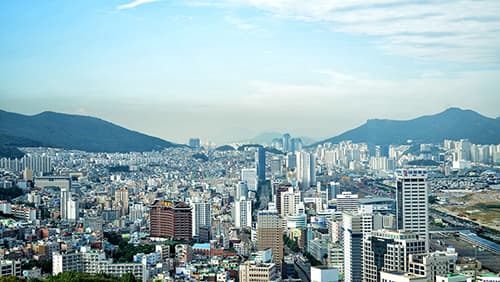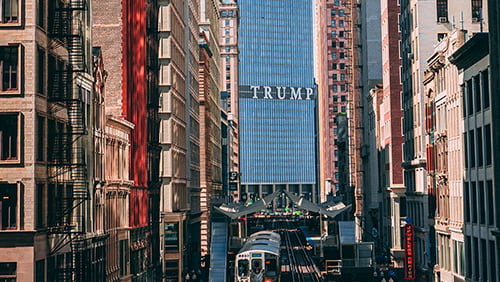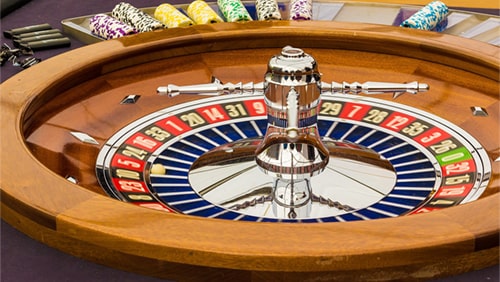Caesars drops South Korean advancement
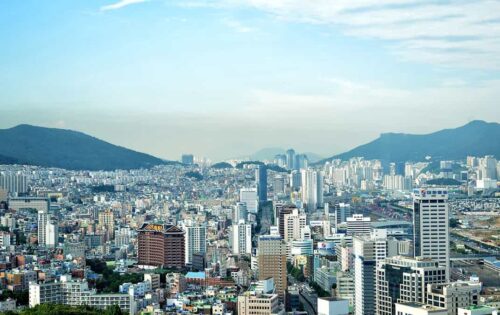
Caesars Entertainment are supposedly out of the Midan City task, leaving the Puri group to go it alone.
The post Caesars dumps South Korean advancement appeared initially on CalvinAyre.com.
Caesars drops South Korean advancement
Blight on a/c’s horizon eliminated as Trump Plaza vanishes
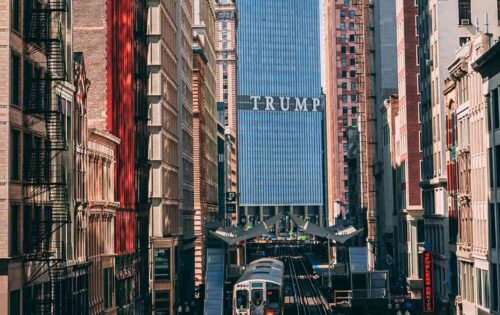
The Trump Plaza in Atlantic City was taken down the other day early morning after standing uninhabited for 6 and a half years.
The post Blight on air conditioner’s horizon eliminated as Trump Plaza vanishes appeared initially on CalvinAyre.com.
Blight on Air conditioner’s horizon eliminated as Trump Plaza vanishes
Crown Melbourne gambling establishment to deal with royal commission yet another director strolls plank
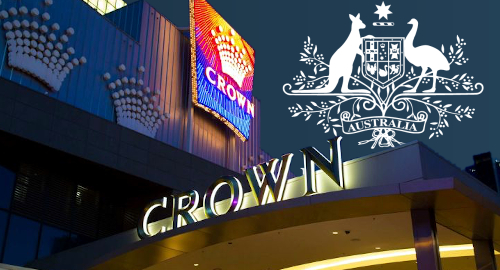
The post Crown Melbourne gambling establishment to deal with royal commission yet another director strolls slab appeared initially on CalvinAyre.com.
Crown Melbourne gambling establishment to deal with royal commission as yet another director strolls plank
Galaxy Entertainment prepared to progress with Galaxy Macau growth
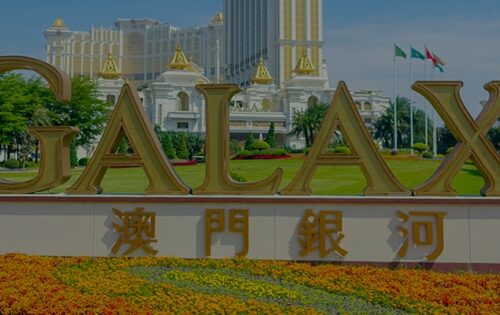
Galaxy Entertainment indications a building and construction agreement to get Phase 4 of the Galaxy Macau moving on.
The post Galaxy Entertainment all set to move on with Galaxy Macau growth appeared initially on CalvinAyre.com.
Galaxy Entertainment revealed that it has actually signed an initial agreement with a building business, China Construction, to get Phase 4 of Galaxy Macau off the ground.
Malta ponders releasing a 5th gambling establishment license

The Maltese federal government is now accepting propositions for the issuance of another gambling establishment license, however constraints use.
The post Malta ponders releasing a 5th gambling establishment license appeared initially on CalvinAyre.com.
Malta ponders providing a 5th gambling establishment license
